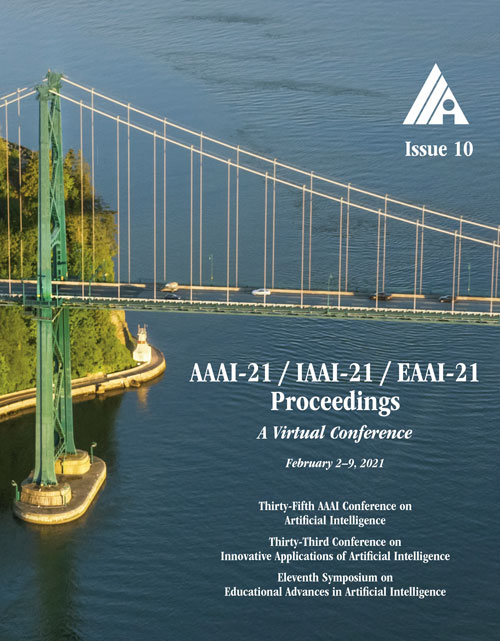Improving Causal Discovery By Optimal Bayesian Network Learning
DOI:
https://doi.org/10.1609/aaai.v35i10.17059Keywords:
Bayesian Learning, Causality, Probabilistic Graphical Models, Bayesian NetworksAbstract
Many widely-used causal discovery methods such as Greedy Equivalent Search (GES), although with asymptotic correctness guarantees, have been reported to produce sub-optimal solutions on finite data, or when the causal faithfulness condition is violated. The constraint-based procedure with Boolean satisfiability (SAT) solver, and the recently proposed Sparsest Permutation (SP) algorithm have shown superb performance, but currently they do not scale well. In this work, we demonstrate that optimal score-based exhaustive search is remarkably useful for causal discovery: it requires weaker conditions to guarantee asymptotic correctness, and outperforms well-known methods including PC, GES, GSP, and NOTEARS. In order to achieve scalability, we also develop an approximation algorithm for larger systems based on the A* method, which scales up to 60+ variables and obtains better results than existing greedy algorithms such as GES, MMHC, and GSP. Our results illustrate the risk of assuming the faithfulness assumption, the advantages of exhaustive search methods, and the limitations of greedy search methods, and shed light on the computational challenges and techniques in scaling up to larger networks and handling unfaithful data.Downloads
Published
2021-05-18
How to Cite
Lu, N. Y., Zhang, K., & Yuan, C. (2021). Improving Causal Discovery By Optimal Bayesian Network Learning. Proceedings of the AAAI Conference on Artificial Intelligence, 35(10), 8741-8748. https://doi.org/10.1609/aaai.v35i10.17059
Issue
Section
AAAI Technical Track on Machine Learning III

